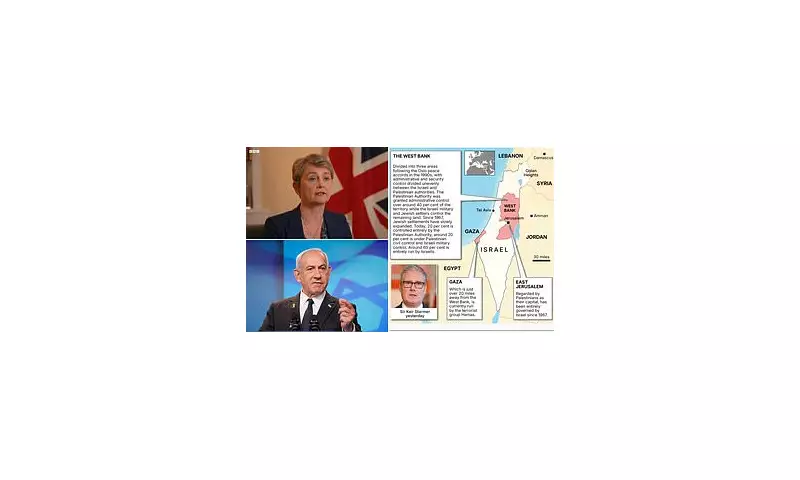
In a significant shift of foreign policy rhetoric, Shadow Home Secretary Yvette Cooper has declared that a future Labour government would consider a 'performative' recognition of a Palestinian state. This strategic move is framed not as an endpoint, but as a diplomatic lever to break the deadlock in the stalled Middle East peace process.
The senior Labour figure argued that such a symbolic act by the United Kingdom could apply crucial pressure on the Israeli government to halt the expansion of settlements in the occupied West Bank. Cooper emphasised that this recognition is envisioned as a catalyst to force both sides back to the negotiating table to work towards a viable two-state solution.
A Strategic Diplomatic Tool
Cooper's comments signal a potential departure from the UK's traditional, more cautious approach. The concept of 'performative recognition' is presented as a proactive measure to create new facts on the diplomatic ground, compelling Israel to engage more seriously in peace talks that have been dormant for years.
This stance places the UK Labour Party in closer alignment with several other European nations that have already recognised Palestinian statehood, arguing that it strengthens the moderate Palestinian leadership and undermines extremist factions.
Context and Reactions
The suggestion arrives amidst escalating tensions and violence in the West Bank. The international community, including the UK, has grown increasingly concerned about the rapid growth of Israeli settlements, which are considered illegal under international law and are seen as a major obstacle to peace.
While likely to be welcomed by Palestinian authorities, the proposal is expected to draw criticism from pro-Israeli groups and some Conservative MPs, who may view it as prematurely rewarding Palestinians without direct negotiations. Proponents, however, see it as a necessary intervention to save the fading prospects for a two-state solution.
This policy position underscores Labour's intent to pursue a more assertive and independent foreign policy in the Middle East, marking a clear ideological battleground for the next general election.






